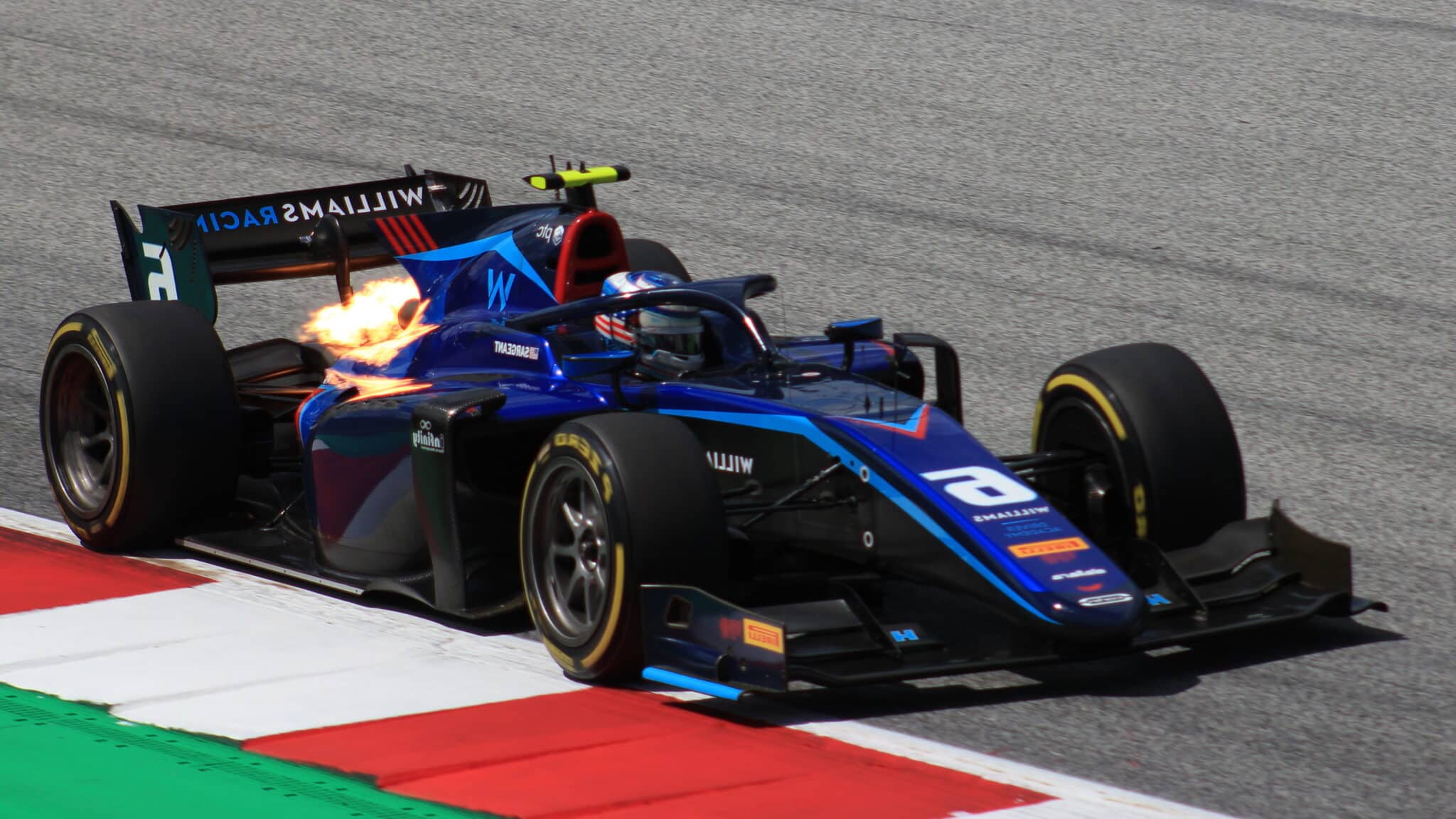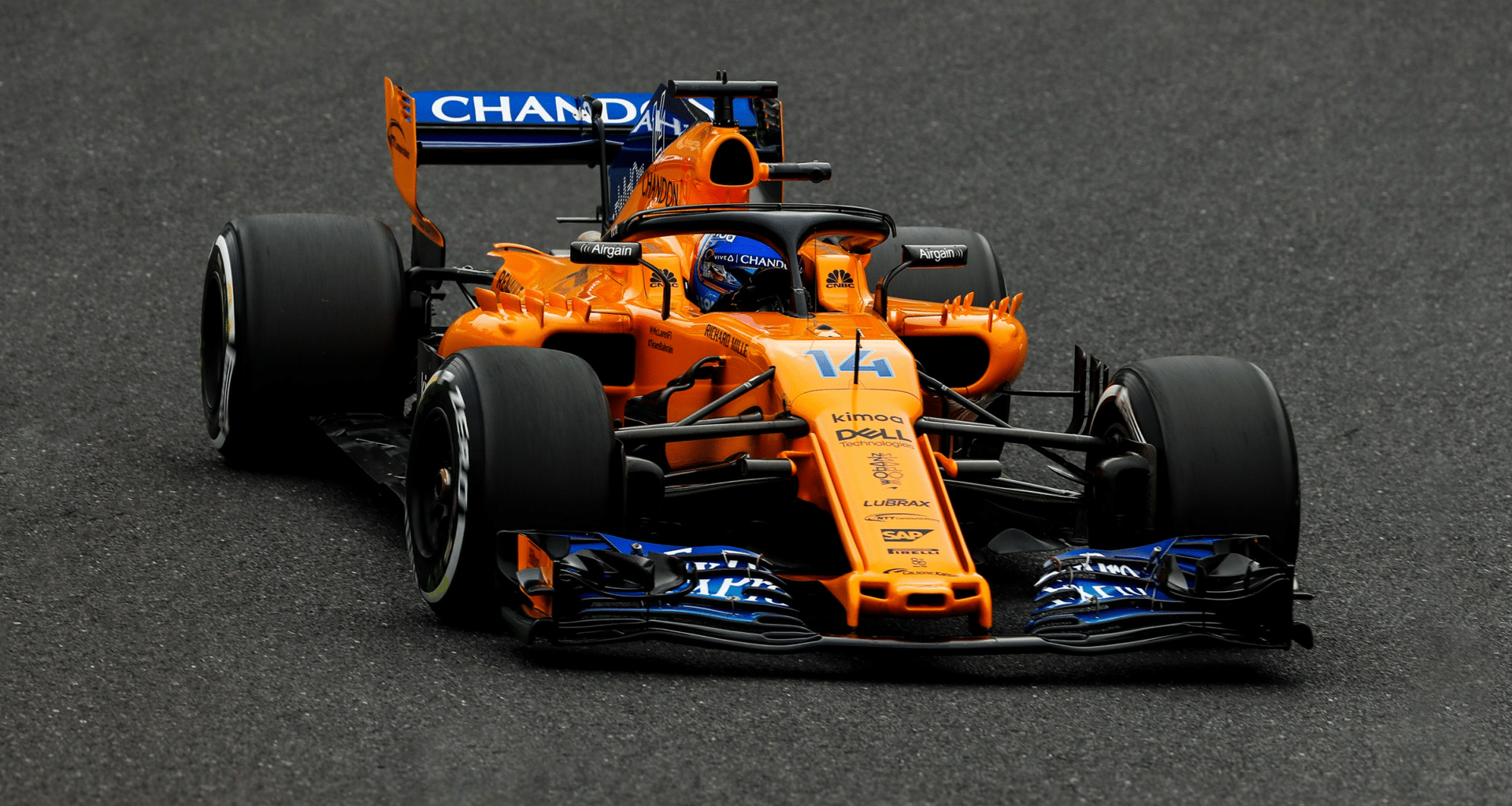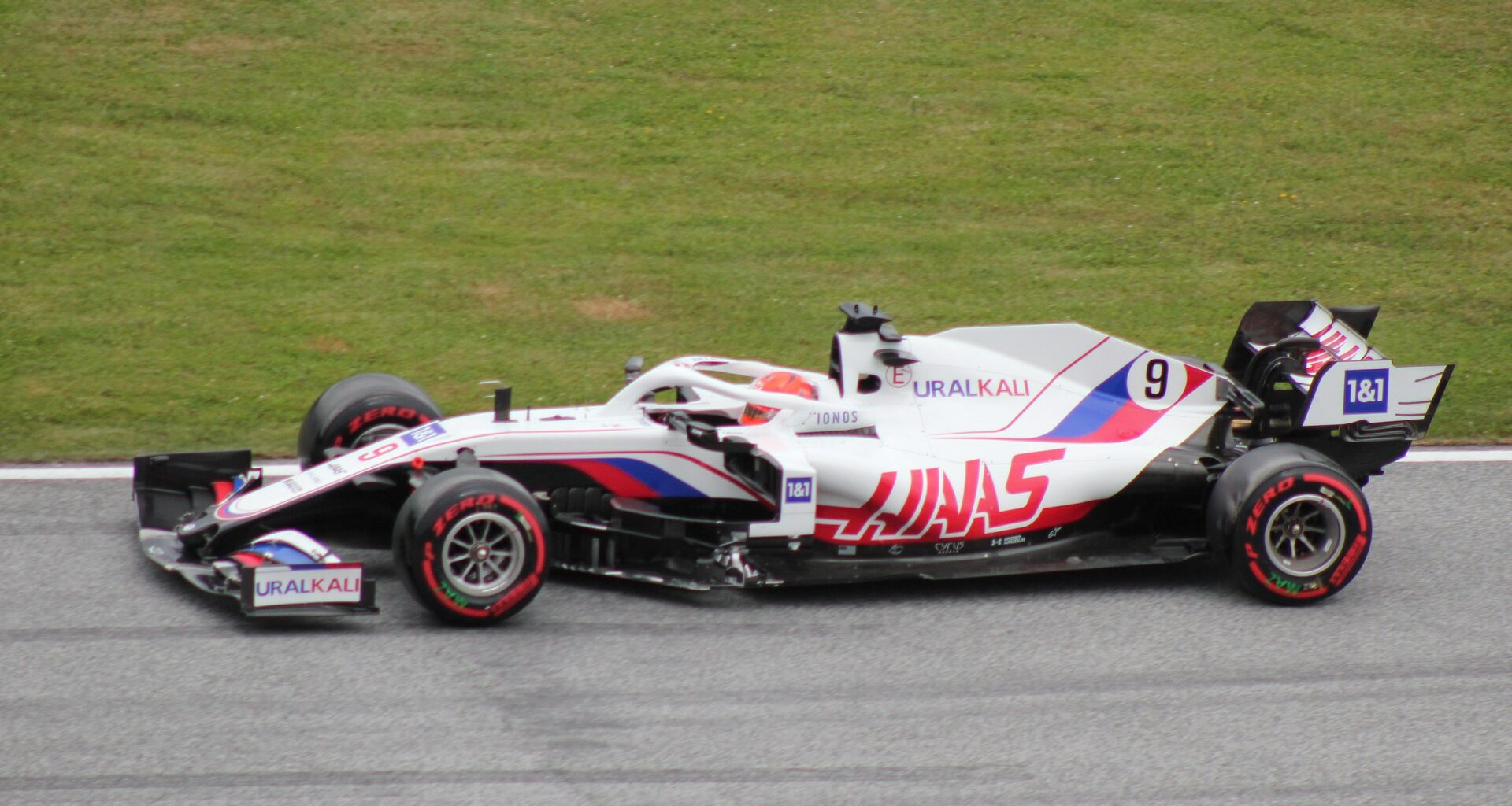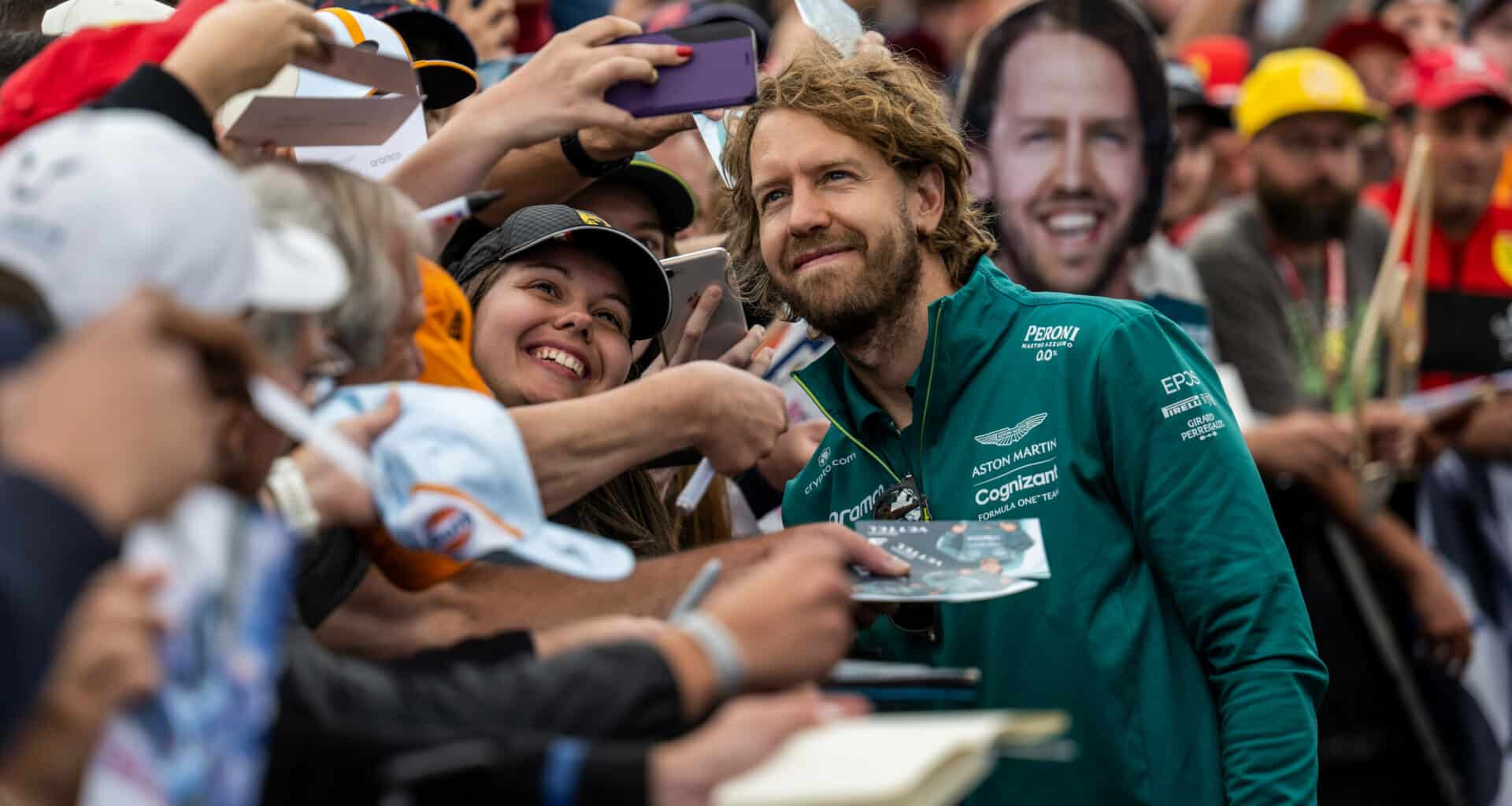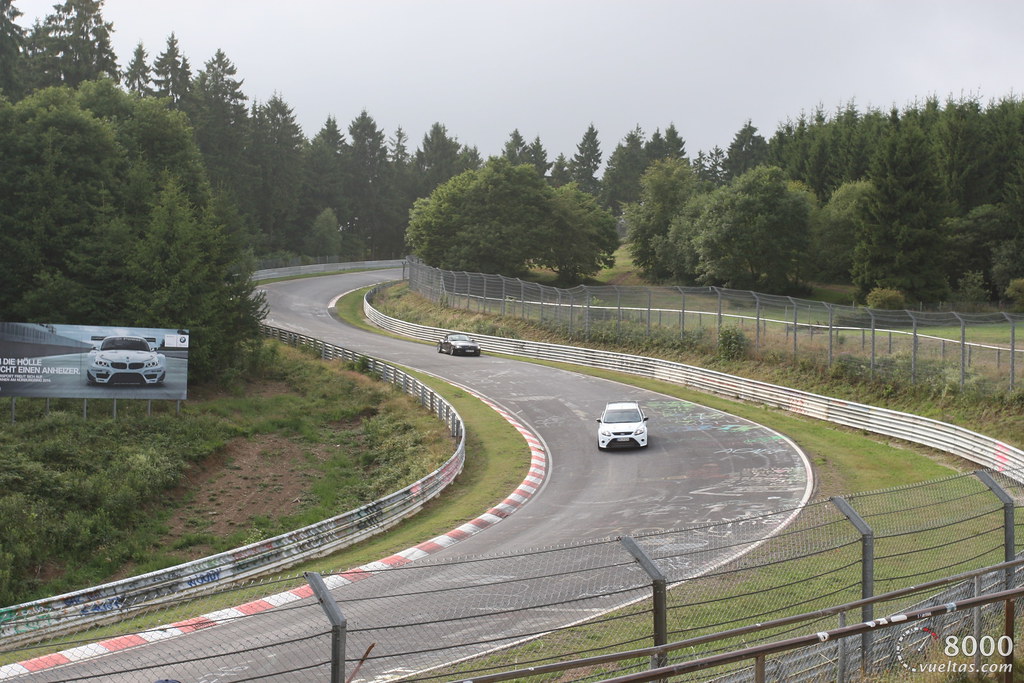The requirement for speed is frequently coupled with the necessity for outstanding driving abilities, experience, and a successful track record in the high-paced world of Formula 1 racing. The Fédération Internationale de l’Automobile (FIA) created the Super Licence, a driver’s qualification that serves as a passport to compete at the highest level of motorsport, to ensure that every driver has the speed and experience requirements to take part in F1 races.
Table of Contents
- 1 What is a Super Licence and its significance in Formula 1 racing
- 2 Historical background and evolution of the Super Licence
- 3 Conditions to Apply for an FIA Super License
- 4 Renewal, Sanctions, and Costs associated with FIA Super Licence
- 5 Nationality of Formula 1 Drivers and its Impact on Super Licence Eligibility
- 6 Notable Formula 1 Drivers with Enough Super Licence Points
- 7 The Importance of the FIA Super Licence in the World of Formula 1
- 7.1 How has the Super Licence affected the quality of Formula 1 drivers?
- 7.2 Have any drivers been denied a Super Licence due to a lack of points?
- 7.3 What are the implications of the Super Licence on up-and-coming drivers in other racing series?
- 7.4 How has the Super Licence impacted the diversity of Formula 1 drivers?
- 7.5 What is the process for appealing a rejected Super Licence application?
What is a Super Licence and its significance in Formula 1 racing
The highest type of racing license granted by the FIA, the FIA Super Licence, permits a driver to take part in Formula 1 World Championship events. This renowned license denotes that a driver possesses the necessary knowledge, expertise, and dedication to compete in the most competitive single-seater category of racing safely and successfully.
Historical background and evolution of the Super Licence
The Super Licence was initially created in the 1990s in an effort to govern and standardize driver eligibility in the fast changing Formula 1 racing industry. To highlight driver ability and safety even more, the FIA has regularly revised and improved the prerequisites for acquiring a Super Licence throughout the years.
Conditions to Apply for an FIA Super License
Minimum age and experience criteria
For an FIA Super Licence, prospective F1 drivers must meet certain criteria. They consist of:
- Being at least 18 years old before their first Formula One race begins
- Having a valid driving license and International Grade competition license
- Passing an FIA theory test on the rules and norms of F1 competition
- Completing two complete seasons in single-seater championships for at least 80% of the time
Super Licence points: Earning, distribution, and eligibility
A minimum of 40 Super Licence points must be accumulated over three seasons in any combination of championships that are eligible by prospective drivers. The importance of the series and finishing places are taken into consideration when awarding these points, with Formula 2 and IndyCar providing the biggest point payouts. Drivers must also travel 300 km in an F1-spec vehicle in no more than two days, either as part of an official F1 session or in a test approved by a national racing body.
Free Practice Only Super Licence
The FIA introduced the “Free Practice Only Super Licence,” in 2019. Teams that meet the eligibility requirements, such as competing in a minimum of six Formula 2 races or earning at least 25 points in the previous three years, are permitted to use reserve or academy drivers during free practice sessions.
Formula 1 drivers who entered without enough Super Licence points
No driver has been granted an exemption from the current Super Licence regulations as of yet. For young athletes like Colton Herta, who has 32 points and is eight shy of the required 40 points, organizations like Red Bull have called for mercy, but the derogation was not approved by the FIA.
Successful applications and noteworthy cases
A few drivers that entered Formula 1 with the necessary number of Super Licence points include Charles Leclerc, George Russell, and Lando Norris. Because they had a Super Licence in the past, several seasoned drivers, like Fernando Alonso, were able to rejoin Formula One after missing seasons.
Renewal, Sanctions, and Costs associated with FIA Super Licence
Probation periods and renewal process
Both full and free practice licenses are subject to a 12-month probationary term before receiving a Super Licence from the FIA. If a driver does not adhere to the specified criteria while on probation, the FIA may withdraw a Super Licence at any moment. Annual renewal is required for all licenses, which are issued on an annual basis.
Penalties and possible revocations
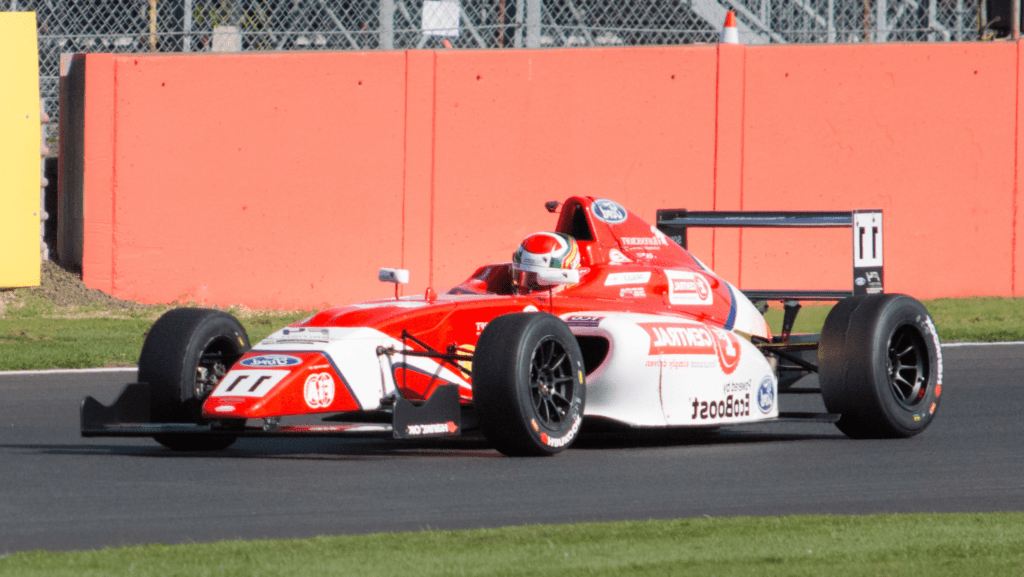
In severe circumstances, like Yuji Ide, whose license was withdrawn in 2006 after a string of accidents, drivers may be subject to race bans or grid penalties if they accrue three warnings or 12 penalty points in a season.
Fees and financial implications
Holders of Super Licences must pay an annual fee to the FIA, which is reportedly quite high. For instance, during his 2009 championship-winning season, Jenson Button reportedly spent close to a million Euros on his Super Licence. Recently, the FIA and the Grand Prix Drivers’ Association (GPDA) have discussed and advocated lowering the cost of these licenses.
Nationality of Formula 1 Drivers and its Impact on Super Licence Eligibility
How residency criteria is considered in Super Licence applications
The nationality listed on a driver’s racing license must match the nationality listed on the driver’s passport. Hence, even if a driver was from a different nation and had a racing license from a different national motorsport organization, their real nationality would still be shown on the Super Licence.
Examples of drivers changing nationalities to obtain a Super Licence
Eddie Irvine, who elected to be an Irish national while retaining a British passport, is one example of a driver who changed or adopted two nationalities to obtain a Super Licence over the years.
Notable Formula 1 Drivers with Enough Super Licence Points
Current Formula 1 drivers with sufficient Super Licence points
Nearly every driver participating at the top level of motorsport right now has earned their spot in Formula 1 by accruing enough Super Licence points. Both seasoned rivals like Lewis Hamilton and Max Verstappen as well as up-and-comers like Yuki Tsunoda and Mick Schumacher fall under this category.
Prospective drivers with promising Super Licence points
There are a number of drivers from different series who have amassed enough Super Licence points to perhaps make the switch to Formula 1 in the future. Depending on their future performances and available possibilities, some names might include Stoffel Vandoorne, Liam Lawson, and Oscar Piastri.
The Importance of the FIA Super Licence in the World of Formula 1
The FIA Super Licence is an essential yardstick for evaluating a driver’s ability, knowledge, and competence when competing in Formula 1 races. The Super Licence system assures that only the most deserving drivers get the chance to race in the pinnacle of motorsports, improving the general quality and safety of Formula 1 racing. The system has strict standards and frequent modifications.
-
How has the Super Licence affected the quality of Formula 1 drivers?
The Super Licence has helped maintain a high standard of driving skills, experience, and competence in Formula 1 by requiring drivers to meet strict eligibility requirements.
-
Have any drivers been denied a Super Licence due to a lack of points?
To date, no driver has been granted an exemption from the current Super Licence rules due to a lack of points, ensuring only those with sufficient experience and skill can enter Formula 1.
-
What are the implications of the Super Licence on up-and-coming drivers in other racing series?
The Super Licence system provides a clear roadmap and incentive for aspiring drivers in other racing series to further develop their skills and accumulate the necessary points to advance to Formula 1.
-
How has the Super Licence impacted the diversity of Formula 1 drivers?
By establishing standardized eligibility requirements, the Super Licence system promotes meritocracy in Formula 1, ensuring a more diverse pool of drivers based on talent and performance.
-
What is the process for appealing a rejected Super Licence application?
While the FIA does not publicly disclose the process for appealing a rejected Super Licence application, drivers and teams can certainly engage with the FIA in conversations and negotiations to discuss potential solutions and reconsiderations.
